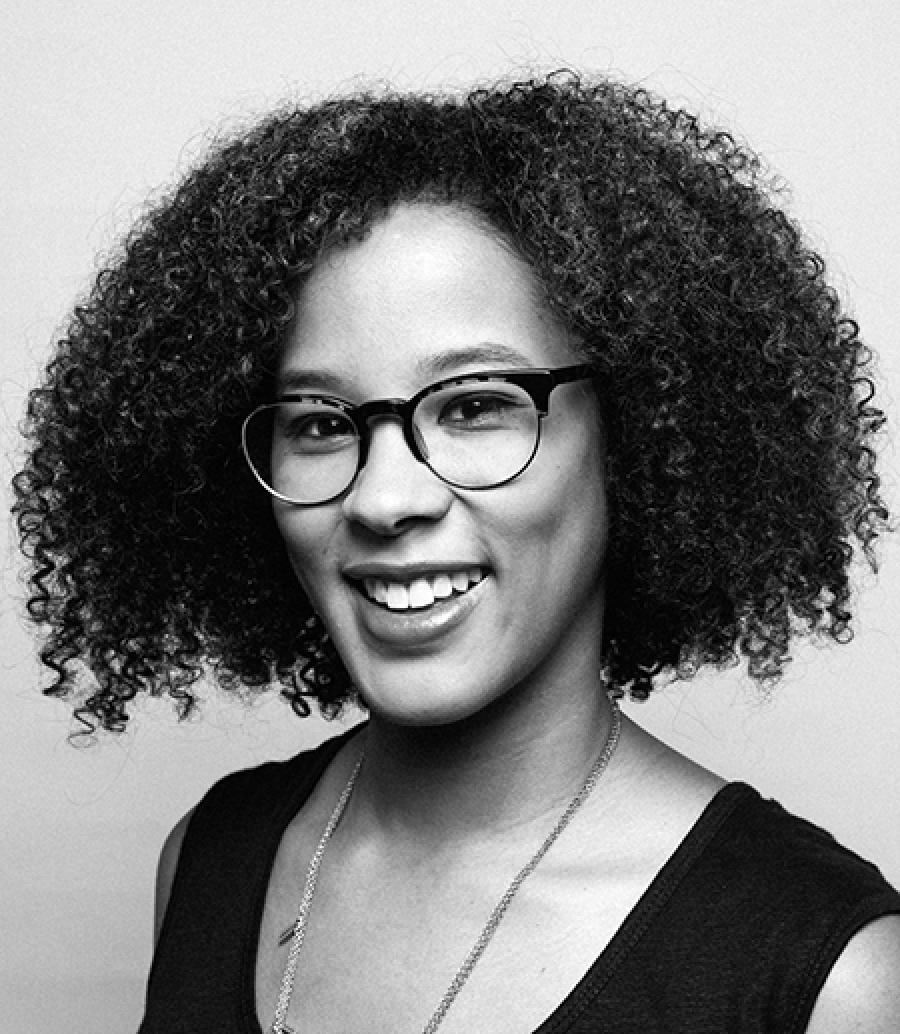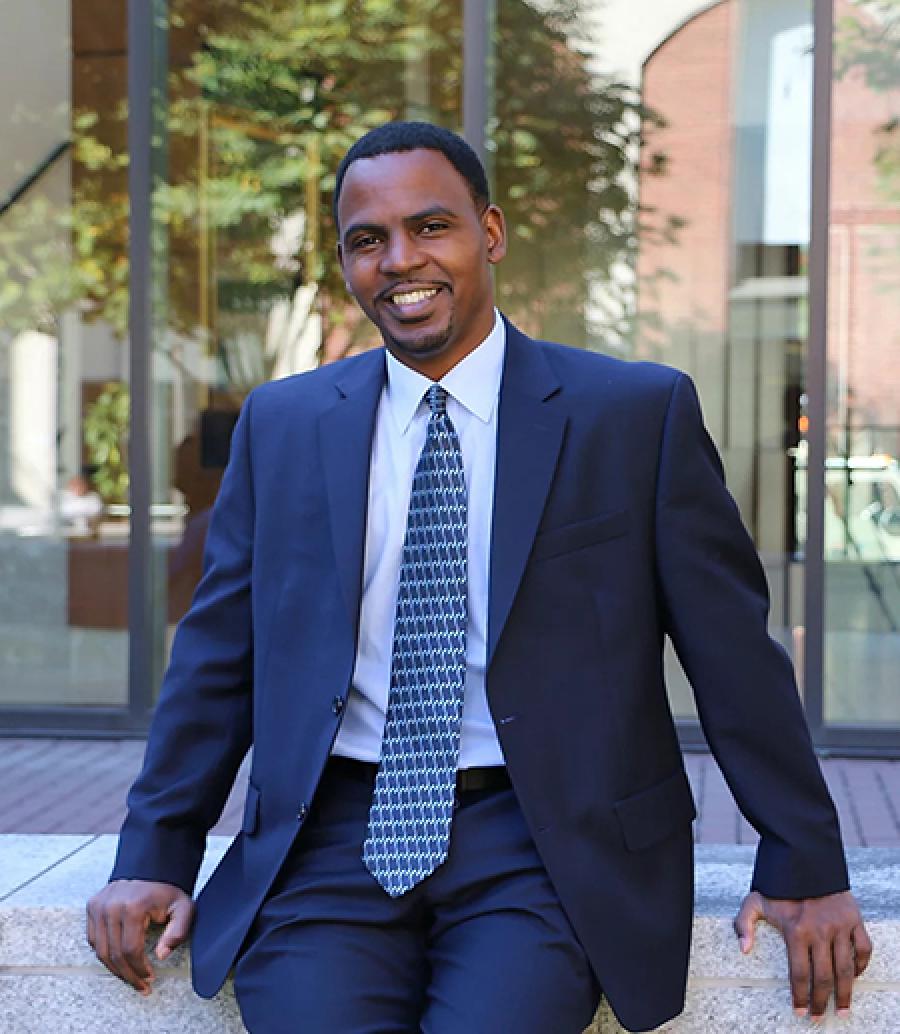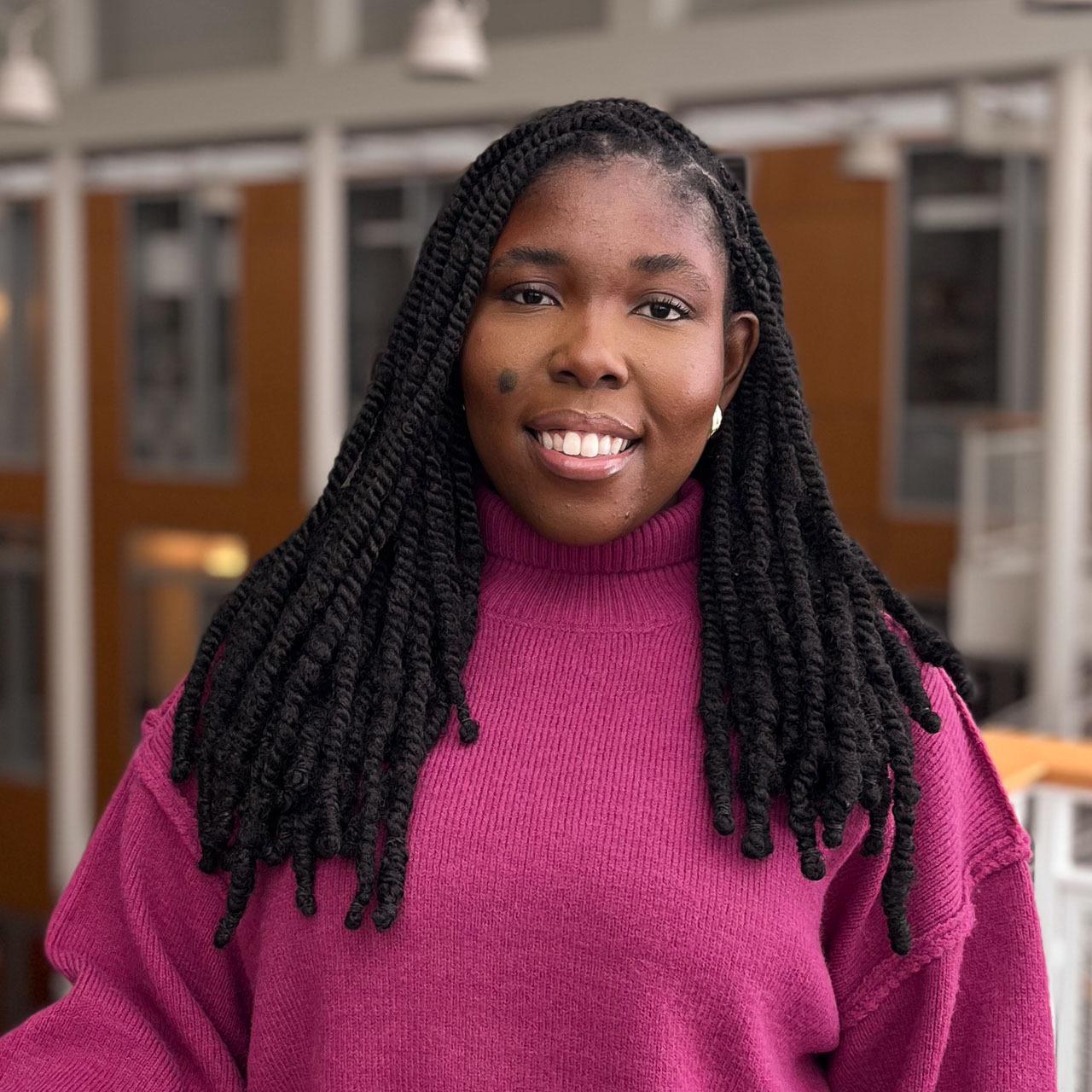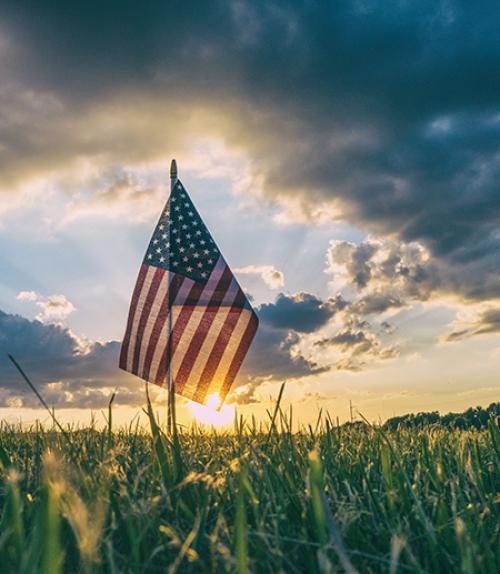Concerned about trends that weaken American democracy – including rising economic inequality, growing polarization, resurgent racism and escalating executive power – Cornell government scholars have led the formation of the American Democracy Collaborative.
This initiative brings together scholars of American political development and comparative politics to examine the state of democracy in the United States today. Having held three successful in-person conferences, they are moving online with a webinar series, “Democracy 20/20,” which will continue regularly through the 2020 election.
The first in the series, “The Protests and U.S. Democracy,” took place June 26 and examined what recent protests spawned by the police killings of unarmed African Americans mean for the institutions and systems of democracy. A recording of the full webinar is available to view on the American Democracy Collaborative website. A video of highlights appears on the Global Cornell website.
“Social protests against police violence quickly proliferated across the United States in recent weeks … placing racial inequality and civil rights at the center of political debate,” said Suzanne Mettler, the John L. Senior Professor of American Institutions in the government department of the College of Arts and Sciences.
Other Cornell members of the collaborative are: Jamila Michener, associate professor of government; Tom Pepinsky, professor of government; and Kenneth Roberts, the Richard J. Schwartz Professor of government.
Roberts moderated the June 26 webinar, which featured three experts on U.S. politics:
• Megan Ming Francis, an associate professor of political science at the University of Washington who specializes in the study of American politics, with broad interests in criminal punishment, black political activism, philanthropy and the post-Civil War South;
• Daniel Q. Gillion, a professor of political science at the University of Pennsylvania. He has written widely on political protest, racial and ethnic inequality, political discourse on race, political institutions and the American presidency; and
• Lara Putnam, professor and chair of the history department at the University of Pittsburgh. She researches social movements and political participation in local, national and transnational dimensions.
The Democracy 20/20 series brings together scholars who can put contemporary events in historical and comparative perspective in order to promote deeper understanding of current challenges. The members of the American Democracy Collective, together with many political scientists, see in recent political trends a confluence of threats to American democracy that will likely persist well beyond the current presidency.
Going beyond the day-to-day rush of events, the series will convene conversations to help participants understand the broader context of the times and help advance the search for constructive answers to society’s most urgent questions.
Upcoming webinars in the series include:
• Can the United States Have Free and Fair Elections This Fall?, 1-2:15 p.m., July 21; moderated by David Bateman, associate professor in the department of government and featuring Amel Ahmed, associate professor of political science at the University of Massachusetts Amherst; Jacob M. Grumbach, assistant professor of political science at the University of Washington and a faculty associate with the Harry Bridges Center for Labor Studies; and Richard L. Hasen, chancellor’s professor of law and political science at the University of California, Irvine.
• Already Authoritarian? Policing and the Use of Force,
• Evaluating the Health of Checks and Balances
“We aim to integrate insights from previous crises in American political history with understanding of the conditions that have threatened democracies around the world,” Mettler said, “to foster discussion and writing around these topics, and to provide analysis and commentary that is useful for fellow scholars, teachers, journalists and citizens.”
The Democracy 20/20 series is sponsored by the American Democracy Collaborative, the Mario Einaudi Center for International Studies and the Institute of Politics and Global Affairs.









